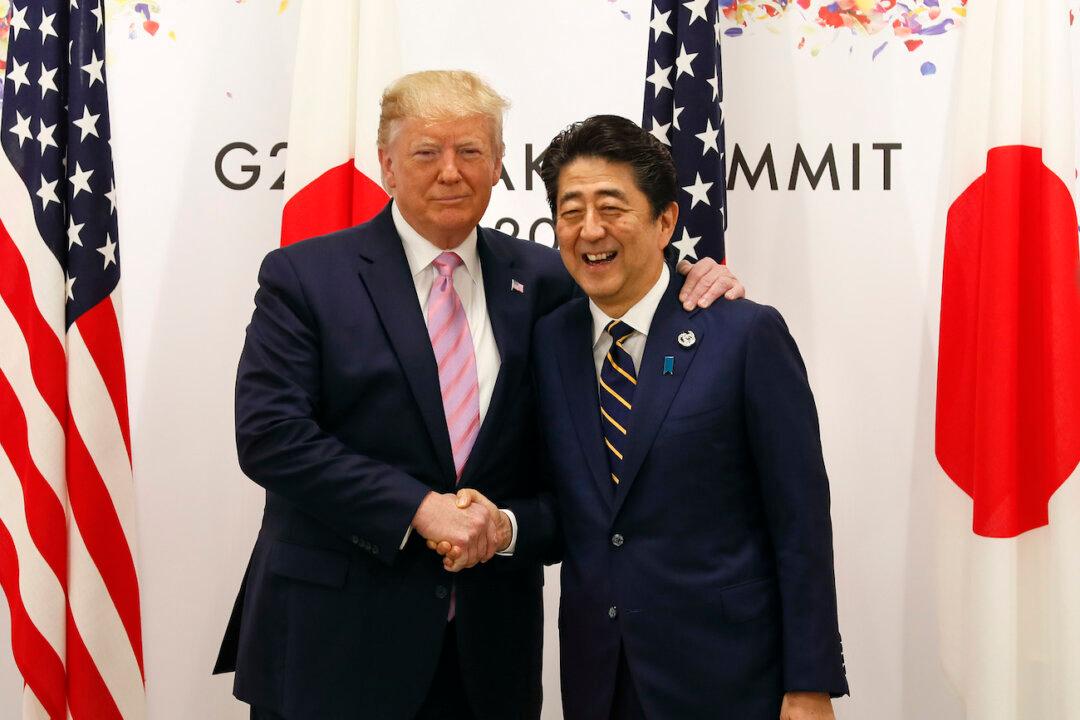A Chinese American permanent resident admitted guilt in a Boston federal court on April 28 for illegally exporting hydrophones as well as other sensitive products and technology out of the United States to a Chinese university that has close ties with the Chinese Communist Party’s (CCP) military, said the U.S. Justice Department.
The same day, Massachusetts-based Shuren Qin, 44, pleaded guilty to one count of conspiracy to export items from the U.S. to China’s Northwestern Polytechnical University (NWPU) without export licenses; one count of visa fraud; two counts of making false statements to law enforcement agents regarding his buyers and the types of export parts; four counts of money laundering; and two counts of smuggling hydrophones from the United States to China. Hydrophones are used to monitor sound underwater.





